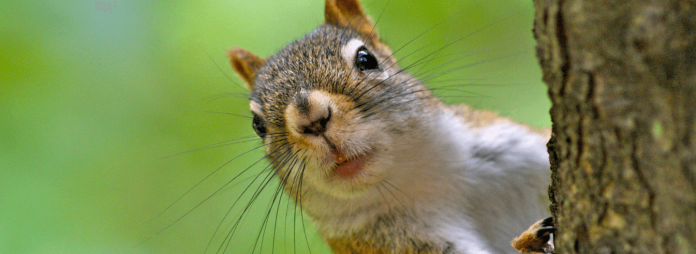A former NASA engineer named Mark Rober decided to become a bird watcher. He set out a bird feeder, but it soon attracted more squirrels than birds. He tried several different versions, all of which claimed to be squirrel proof, but each time the squirrels were smarter than the feeders (and their owner).
So Rober decided to create the ultimate backyard squirrel obstacle course. To get to a treasure trove of walnuts, the squirrels had to negotiate a suspension ladder, a maze, launch pads, and other assorted challenges. Before long, they had mastered the course.
Here’s why I’m writing about Mark Rober’s invention: the video telling its story has been viewed nearly twenty-nine million times. I am now one of them and was thoroughly entertained.
“Something we don’t know we’re lonely for”
The Wall Street Journal has many more stories like this. During the pandemic, as people have been isolated, lonely, and bored, they have turned to building squirrel-sized picnic tables and even puppet theaters starring the backyard thespians.
Unsurprisingly, loneliness has been called “the new pandemic.” Even before the coronavirus pandemic, more than three in five Americans said they were lonely.
According to David Foster Wallace, “We’re all lonely for something we don’t know we’re lonely for.” He’s right.

In How the World Thinks: A Global History of Philosophy, Julian Baggini writes that Americans focus on individuality and independence while Asians care more about group relationships. The Chinese emphasize harmony, which Baggini defines as “a belief that the highest good is an ordered world in which families, villages, and states all stand in the right relationship to each other.” He adds that “Japanese parents tend to concentrate on bringing up their children to be responsive to others.
By contrast, “Americans raise children to be responsible for themselves.”
“You, O Lord,…
… Read More
—
Click Read More to read the rest of the story from our content source/partners – Denison Forum.



